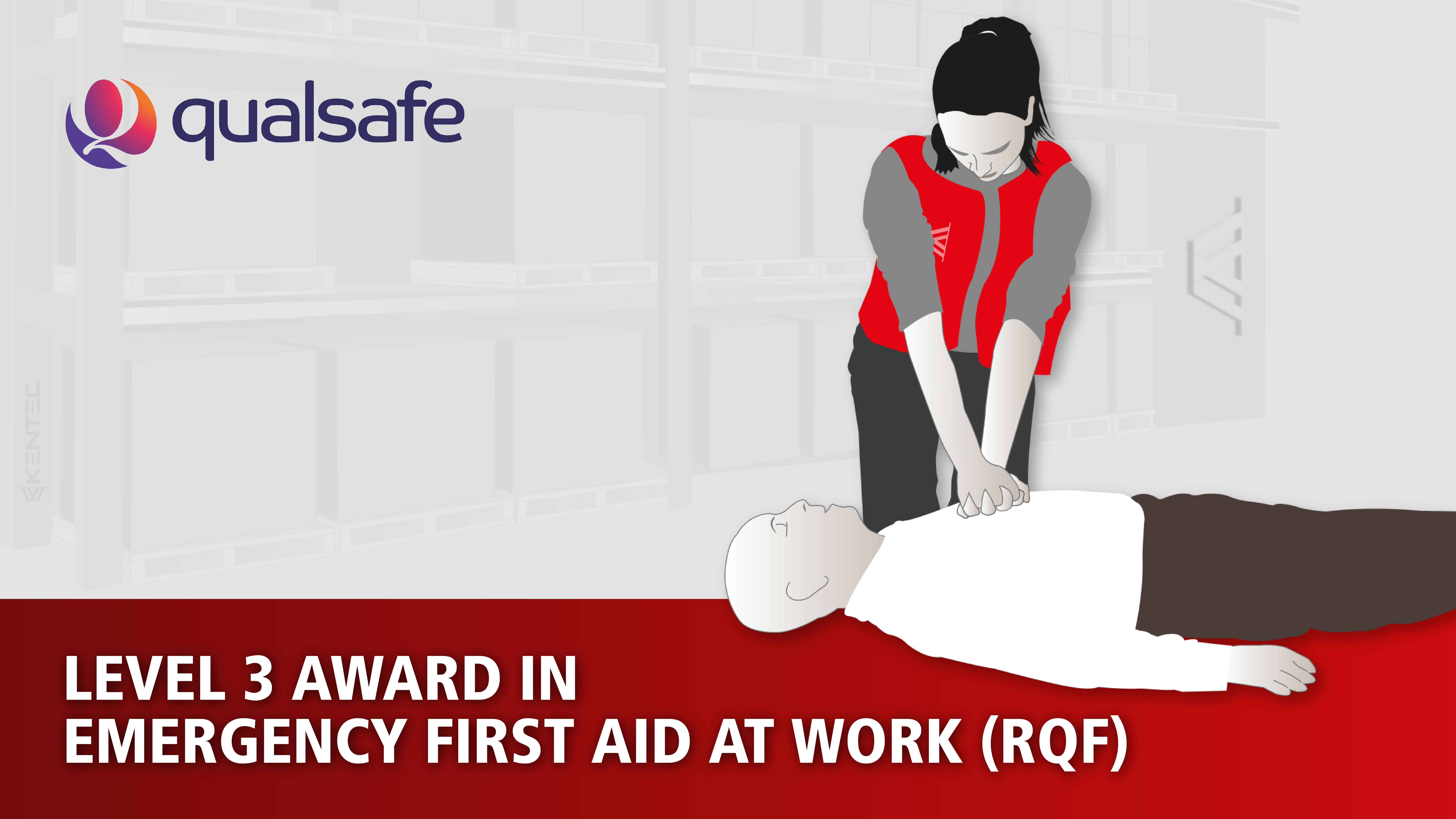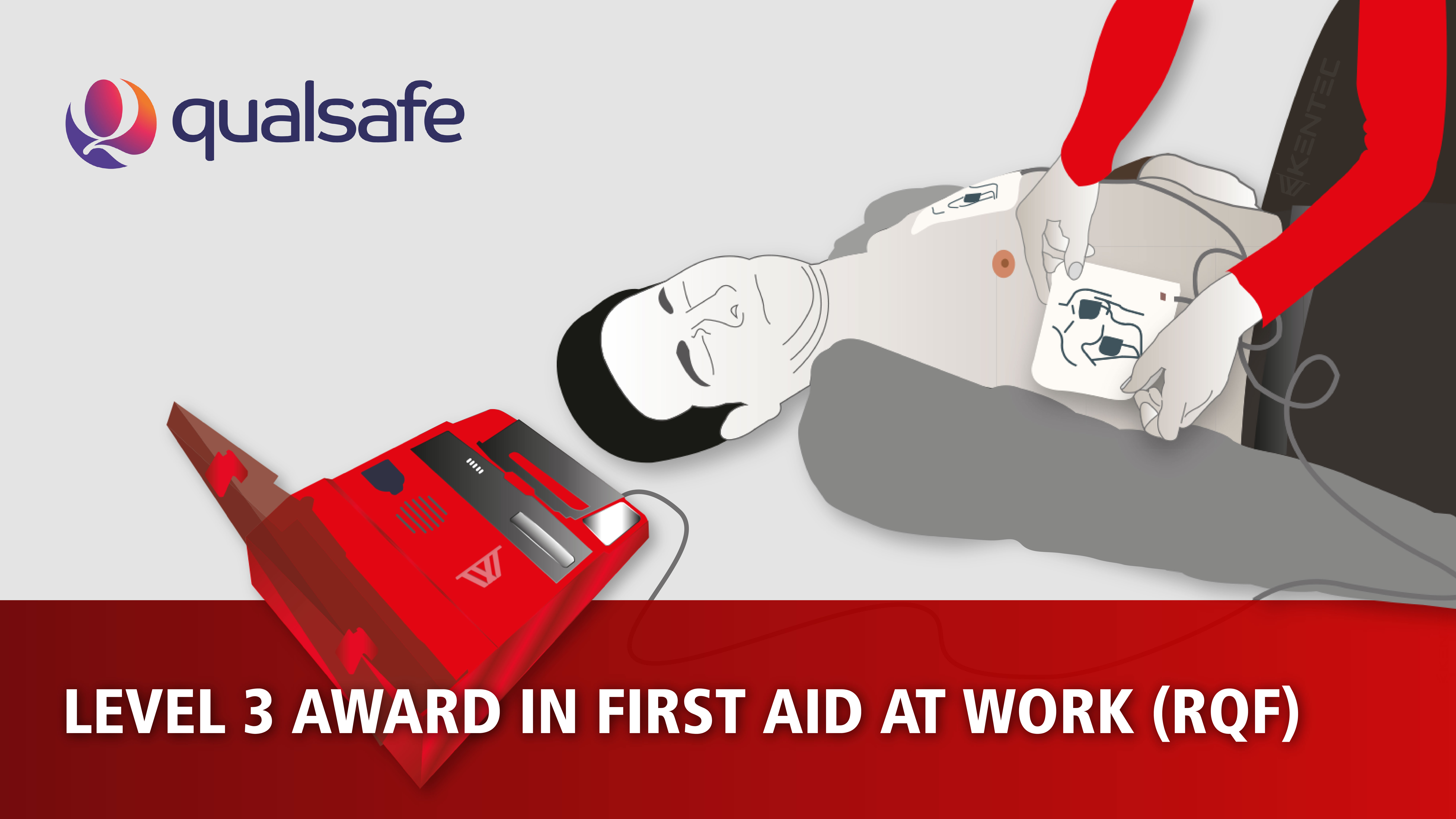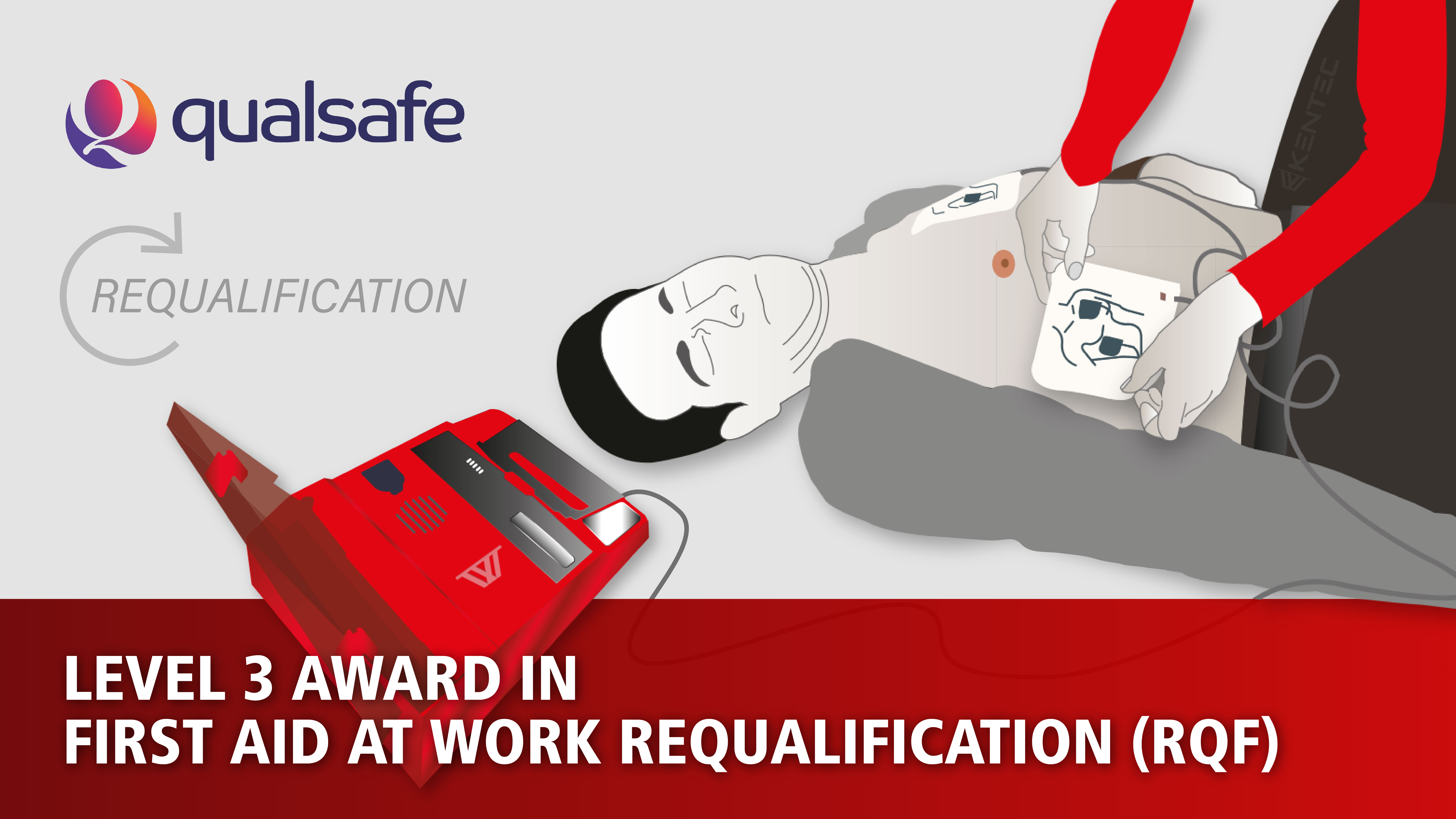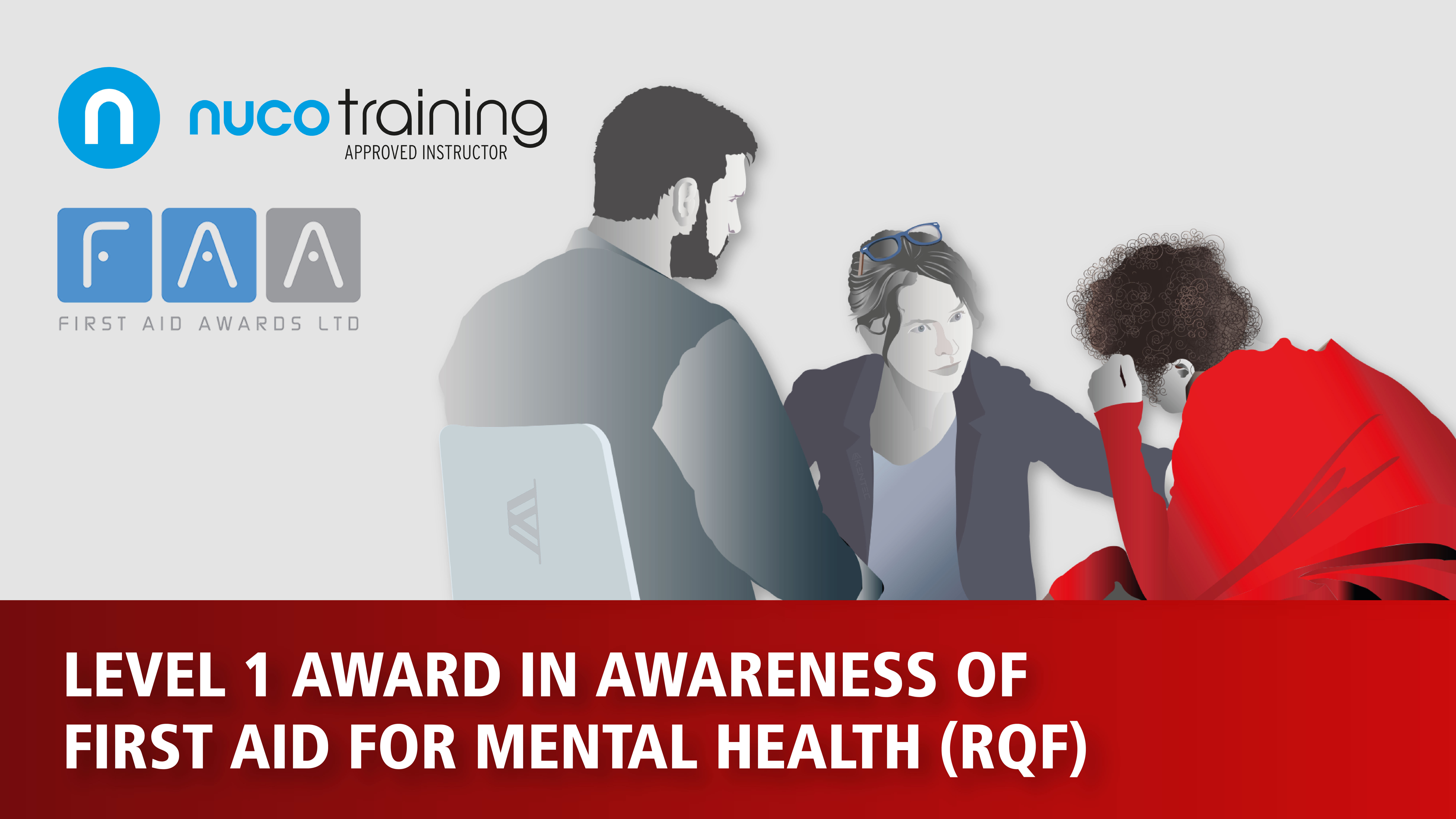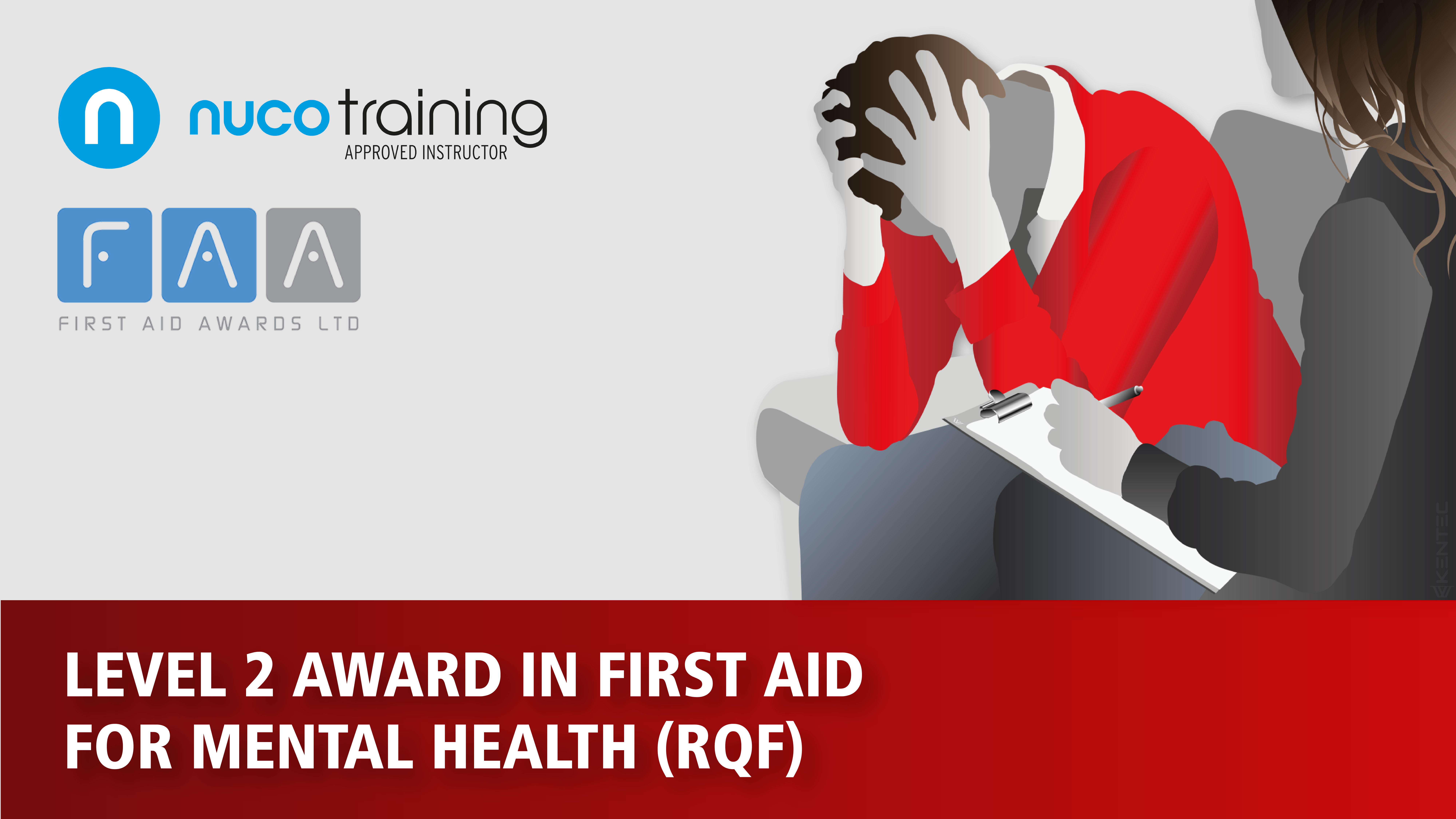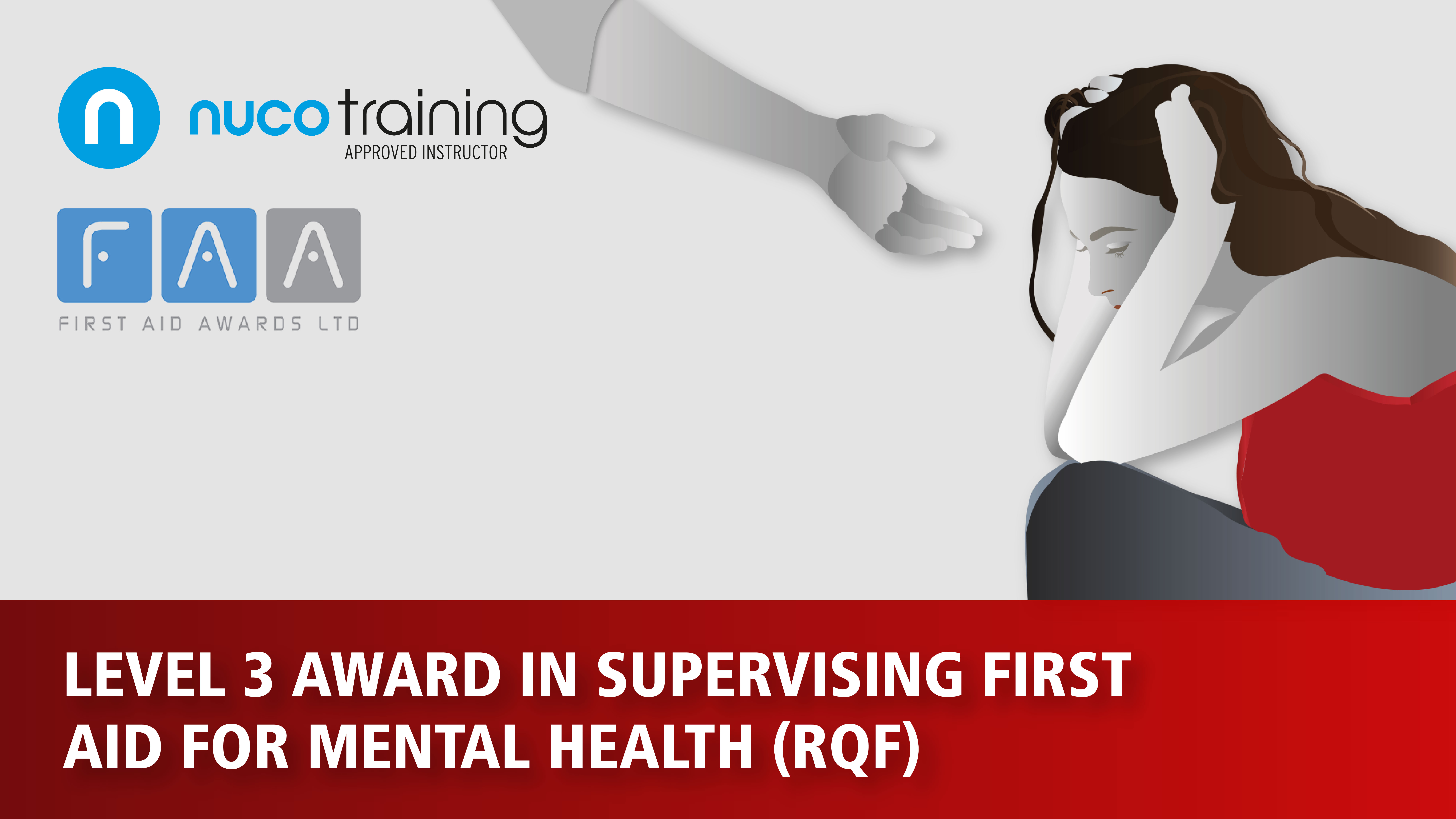Our QualSafe Level 3 Certificate in First Response Emergency Care (RQF) course delivers a minimum of 35 hours of classroom-based theory and face-to-face practical instruction, and is designed to instruct up to a maximum of 6 delegates. This 5-day course provides the knowledge and practical skills required to deal with a wide range of pre-hospital first response emergency care situations, and is ideal for ensuring those working in first response emergency care roles are competent and fully trained.
This course consists of a training room lecture, presentation, written assessment, practical training and assessment.
This course is suitable for individuals with a distinct role in their workplace or within voluntary and community engagements, where they are tasked with delivering prehospital care to patients in need of emergency care or treatment. It is well-suited for individuals aspiring to advance their careers in emergency services, ambulance services, healthcare environments, and it also caters to specialized medical positions within law enforcement and security industries, energy and utilities industries, construction, and the military.
Please note that learners will be expected to take part in exercises such as CPR and AED use, so please ensure delegates are in good health and do not have anything that may preclude them from taking part in the practical assessment. Delegates must be at least 17 years old to attend this course and it is advised that learners have a minimum of Level 1 in Literacy or Numeracy, or equivalent due to the multiple choice examination at the end of the course.
The agenda for the QualSafe Level 3 Certificate in First Response Emergency Care (RQF) Course includes:
- Understanding the role and responsibilities of a first responder
- Dynamically assessing an incident
- Assessing and managing patients with life-threating and non[1]life-threatening illness and injuries
- Assessing and managing a patient’s airway
- Managing an unresponsive patient who is not breathing normally
- Utilising an AED safely during a resuscitation attempt and how to maintain an AED ready for use
- Administering emergency oxygen
- Assessing and managing the following:
- Trauma
- Catastrophic bleeding
- Chest injuries
- Bleeding
- Compromised circulation
- Wounds and eye injuries
- Burns or scalds
- Sudden poisoning
- Providing emergency care to a patient with head, spinal and musculoskeletal injuries
- Identifying and managing a patient experiencing breathing difficulties
- Managing a patient with anaphylaxis
- Assessing and managing a patient with suspected major illness
- Managing a patient who is actively convulsing
- Understanding how to provide emergency care for the effects of environmental exposure
Successful delegates will receive a QualSafe Level 3 e-Certificate in First Response Emergency Care (RQF) which will be valid for a period of 3 years from the date of the course.
Our FAQ area is the best place to look to find answer to your questions. Our community and support team
constantly update the questions and answers.
Yes. First Aid courses include several practical sessions of demonstration, practice and assessment such as performing CPR on a manikin dummy, placing casualties into the recovery position, and simulating emergency scenarios. You should be physically capable of kneeling, bending, and performing chest compressions at floor level. If you have any injuries, medical conditions, or concerns that may affect your ability to take part in the practical elements, please let our support team know prior to your course. We can then advise on suitability and discuss any reasonable adjustments where possible.
No. As this is a classroom-based course, you are not required to bring any Personal Protective Equipment (PPE). For certain training sessions, temporary equipment such as safety harnesses may be provided if required.
‘Block Release’ courses are attended consecutively over sequential days, allowing you to complete the training quickly in a more intense, focused "block" of training. Whereas ‘Day Release’ courses typically run one or two days per week with ample space in-between each session, making it easier to balance your training alongside work and other commitments. Regardless of your chosen learning method, both formats cover the same content and lead to the same qualification. Check the Course Sessions dropdown on your chosen course page to see which scheduling option applies.
Yes, we can absolutely offer you support. We understand that everyone learns differently, and we’re committed to making our courses accessible to all. Our instructors are experienced in delivering training to individuals with varying levels of reading and writing ability.
We can offer additional verbal guidance, practical demonstrations, and one-to-one support when attending training courses at one of our training centres. If required, we can also arrange for assistance during written assessments, such as a reader.
Please let our support team know in advance if you have any concerns, and we’ll do everything we can to support you in successfully completing your training.
View All FAQs


